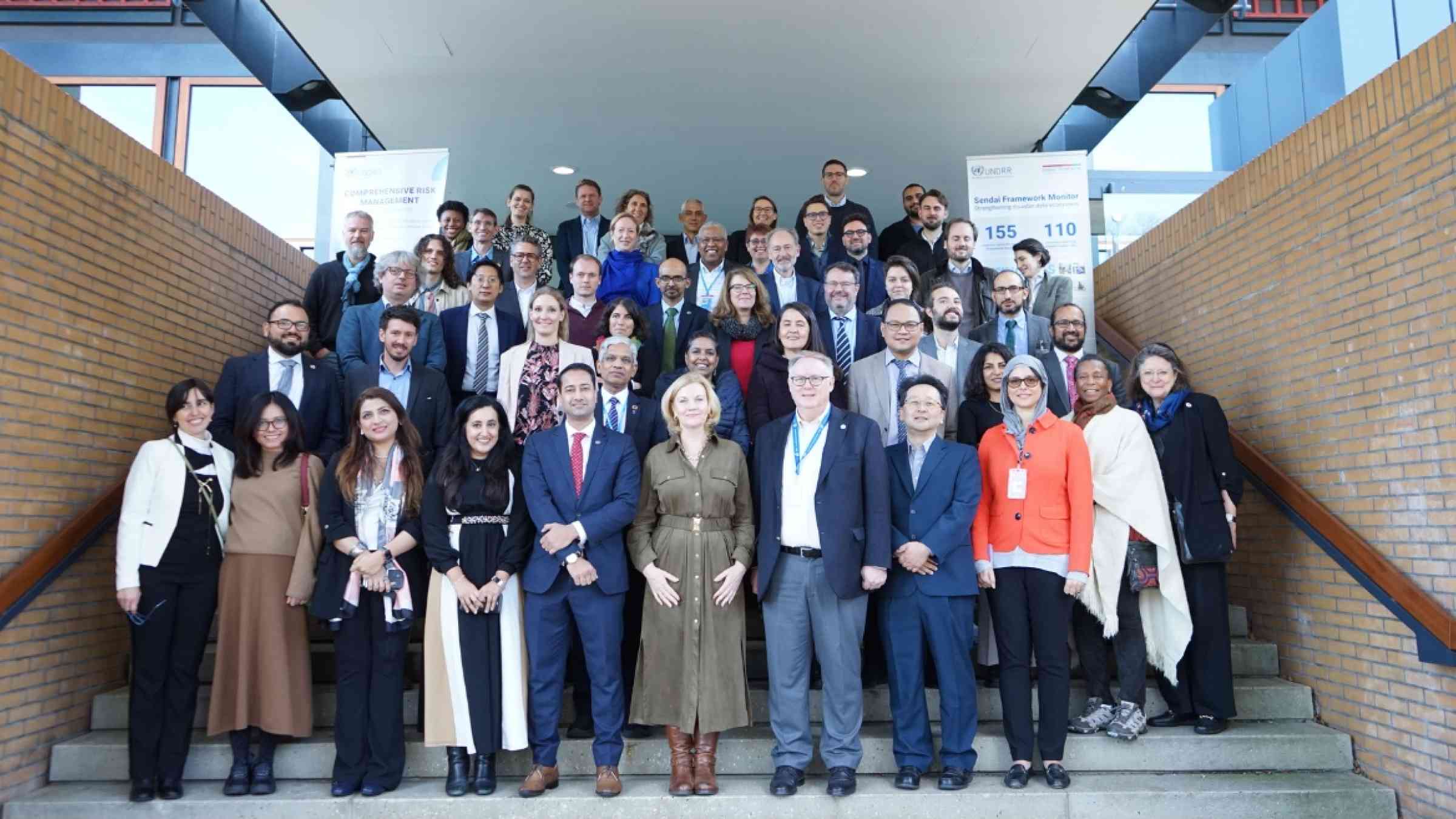
Over 50 experts gathered in Bonn today to enhance understanding on assessing the impact of slow-onset events and resultant losses and damages.
For our understanding of risk, it is essential to keep track of hazardous events and associated losses and damages. While some disasters strike rapidly, others unfold over months, years, or even decades. Sea level rise, land degradation, and glacial retreat are examples of such slow-onset events.
The 2023 synthesis report by the Intergovernmental Panel on Climate Change (IPCC) noted that slow-onset events are having an impact on ecosystems and infrastructure, including transportation, water, sanitation, and energy. These events are also causing economic losses, food insecurity, displacement and disruption of services.
Slow-onset events emerge gradually over time with no clear start or end, making it challenging to assess the impact. This is further complicated by complex interactions within and among slow-onset events and with extreme events, resulting in direct and indirect or cascading impacts. Desertification, for example, develops gradually over time with no clear start or end date. Together with higher temperatures and salinization, it can reduce agricultural productivity which affects people’s lives and livelihoods.
Outlining these challenges, Loretta Hieber Girardet, UNDRR Chief of Risk Knowledge, Monitoring and Capacity Development Branch, said in her opening remarks:
“We need to enhance action and support on slow-onset events. This includes shared use cases with data and evidence for decision support on slow-onset events. It also includes capacity building, planning and benchmarking, technologies and finance to progress risk reduction, adaptation, and resilience building.”
Nonetheless, steady progress is being made to strengthen the data ecosystem underlying slow-onset events. Many of these events, ranging from desertification to sea level rise, have been classified as part of a collaboration led by UNDRR and the International Science Council on hazard definitions and profiles. The impact of several slow-onset events is also being monitored through relevant SDG indicators, like those measuring progress against SDGs 14 and 15 that focus on oceans and marine resources, and terrestrial ecosystems and biodiversity respectively, among others. However, data on these SDGs remains scant and don’t give a comprehensive status of the impact of slow-onset events.
Highlighting the importance of the workshop, Christopher Bartlett, Head of Climate Diplomacy, Government of Vanuatu, said:
“Who better to observe and analyse the impacts of slow onset climate than the island communities and people who have been watching, considering and indeed living these context specific impacts for their entire lives!”
Over 50 experts gathered in Bonn today to assess the impact of slow-onset events and resultant losses and damages.
⏱️Outcomes of the workshop will inform a new-generation tracking system for hazardous events and losses and damages, a collaborative effort by UNDRR, @UNDP and @WMO pic.twitter.com/DFWpfdjp9y— UNDRR (@UNDRR) November 8, 2023
Held less than a month ahead of the 28th session of the Conference of the Parties (COP28) of the Climate Change Convention, the workshop aims to address a critical knowledge gap on loss and damage. Deliberations will inform the ongoing discussions in the context of the Warsaw International Mechanism for Loss and Damage (WIM).
Speaking at the opening of the workshop, Friederike Eppen, Member of the Executive Committee of the WIM and its Expert Group on Slow-Onset Events, said:
“By developing an understanding on the current state of play on SOE impact assessments and developing a way forward on how to build this further, we can lay the foundation to safeguard ecosystems, and ensure sustainable economic development and protect vulnerable communities including their knowledge and traditions.”
Outcomes of the workshop will inform the ongoing process to develop a new-generation tracking system for hazardous events and losses and damages, a collaborative effort by UNDRR, UNDP and WMO. The tool will enable governments and partners to kickstart a systematic recording of such impacts at localized scales.